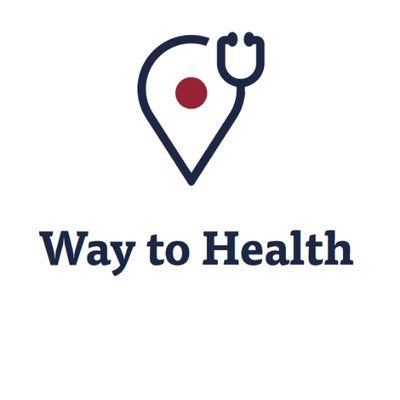Adapting Way to Health for Research on Depression

Way to Health was purpose-built to help researchers address critical and complex problems facing healthcare and patient health by providing the tools needed to rigorously test solutions on one comprehensive digital platform. Mental illness qualifies as one of those challenges in need of fixing. It is estimated that 9.6 million American adults suffer from a serious mental illness (SMI), experiencing a diminished ability to function in daily life and a shorter life-expectancy. In addition to the patient burden, mental illness drains healthcare budgets as the third most expensive medical condition after heart conditions and traumatic injury.
Way to Health will facilitate one of three projects for the PENN Advanced Laboratories for Accelerating the Reach and Impact of Treatments for Youth and Adults with Mental Illness (ALACRITY) Center, a National Institute of Mental Health initiative. The Way to Health anchored project is known as ADAPT (Assisting Depressed Adults with Primary care Treatment).
ADAPT will apply financial incentives to the treatment of depression. Financial incentives have been deployed and tested using Way to Health in the context of lipid control, weight loss, smoking cessation, diabetes management in adolescents, and post-hospital outcomes for heart attack patients, and ADAPT will be the first such intervention tested among adult patients with mental illness.
ADAPT will compare the effectiveness of increasing and decreasing financial incentives in improving medication adherence among adults recently diagnosed with depression. The study methodology leverages core Way to Health features including, enrollment, consent, participant randomization and survey administration. Way to Health makes complex research tasks more efficient and easier for study teams. The illustration below shows how study coordinators can manage key parameters such as research arms and randomization from one streamlined interface. ADAPT will also integrate the AdhereTech electronic pill bottle, participant feedback via text message, processing of financial incentive scheme (escalating and deescalating incentives) and the distribution of financial incentives to patients.
Building on previous findings in behavioral economics and patient engagement research, the ADAPT study on the Way to Health platform will break new ground by applying and testing patient financial incentives to the treatment of mental illness.
This post originally appeared on the Way to Health blog.